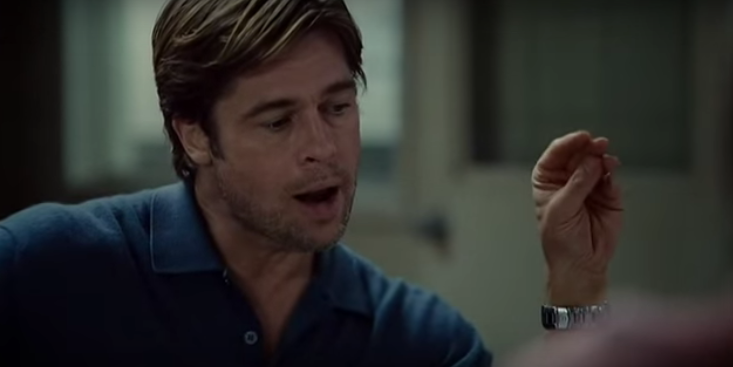It’s been a busy few days for great writing, and with midterms I didn’t get a chance to post anything yesterday, so this post is going to highlight multiple great reads with some thoughts.
1. Dave Feschuk of the Toronto Star penned this interesting piece on the Toronto Raptors’ use of bioanalytics to prevent injuries. Bioanalytics isn’t something I’ve delved too far into since, simply put, it’s not my field of passion or expertise, but there is undoubtedly an opening for this type of work in hockey. The tough part when it comes to any kind of physical testing (this relates back to speed performance tracking as well) is differentiating the meaningful material from the noise. For example, the fact that x player averages y speed in a game one day could mean that he needs to get more sleep or that the training routine must be adjusted, but it could also just be a symptom of the fact that in certain situations it doesn’t make sense to go full-speed. It’s something teams will need to handle with care, but with the amount of money at stake, and the ruinous effect injuries can have, it’s something worth an investment.
2. Jacob Rosen of Sports Analytics blog wrote their (always solid) weekly analytics roundup and discussed why it’s so important for good public work to continue to prosper and be circulated. If you’re not following Sports Analytics Blog on Twitter, make sure to do so. You’ll miss far less great content from now on.
3. Friend of the blog Rob Vollman published a nice look at coaching changes over at ESPN Insider. The research seems overwhelming that in-season coaching changes in general don’t massively impact possession numbers, and generally it is the less sustainable shooting and save percentages that tend to regress, making new coaches look all the better. My question with regards to this would be: We know that something like a coaching change can motivate players to try just that little bit harder, to pay just a little bit more attention to detail maybe, at least for a few weeks. Is it possible that just because a high shooting or save percentage isn’t sustainable, that doesn’t mean that it can’t be influenced by such a kick in the pants? Whether one can find non-variance-based causal explanations for unsustainable performance is one of the great mysteries, at least to me, about sports. And it’s something that hopefully we can find a way to determine in the future.
4. On that note, last – but certainly not least – Joe Posnanski (possibly the greatest sportswriter on the planet) wrote an awesome feature on Bill James, somebody who I admire greatly, not just for what he did for analytics, but for his ability to recognize areas in which he failed early on, and how he has had to change his attitude upon further reflection.
“Absence of evidence is not evidence of absence.”
Obviously Bill James didn’t coin the phrase but I will always associate it with him. How hard must it be for essentially the grandfather of modern baseball statistical usage to turn around and say that clutch hitting exists as a trait, despite what the numbers say on the subject. Going back to the Vollman piece, there is no evidence that shooting and save percentages can be heavily influenced by individuals in the short term, since they tends to not be able to persist. But I’m not sure I’m willing to close the book on that just yet.

